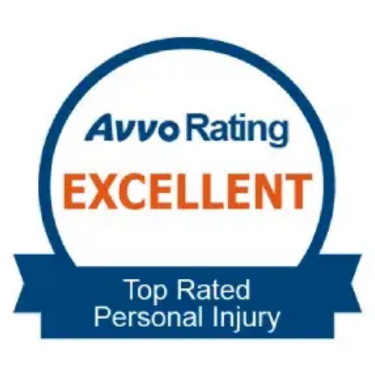Will This Winter Be a Bad One for Auto Accidents?
Over the past weekend, the country saw its first official bout of nasty winter weather in Winter Storm Bozeman. The winter weather system, which covered large portions of the country in snow, ice, and freezing rain, has been responsible for power outages, school and business closings, and many, many automobile accidents thus far. Snow accumulation ranged from just under 3 inches in Vermont all the way to a whopping 33 inches reported in Colorado, but no matter how great or small the numbers are, they constitute a major risk for drivers on the road. Read on to find out more about winter driving safety and how to avoid auto accidents in hazardous conditions.
 Bozeman is Just the Beginning for Winter Storms this Season
Bozeman is Just the Beginning for Winter Storms this Season
With Winter Storm Bozeman coming well before the height of the winter season, we can safely say that more, similar severe weather patterns are likely to come. In light of this, it is important that drivers are prepared and know what to do in the event of hazardous conditions on the road. Bozeman brought with it snow and ice, which can limit visibility and make the road slippery and unsafe, yet it also brought strong winds, which are also dangerous to drivers. No matter what the driving conditions are, your safety and that of the other drivers on the road is always at risk, but winter weather can greatly add to that risk. Follow these safety tips in order to stay safe and avoid getting involved in an automobile accident.
–Be aware of weather. Pay attention to the weather reports, and check the TV or your smart phone before you leave the house to see if there are any storms in the forecast. If you are able to, get out and do whatever errands you have to before a storm hits. That way, you won’t have to be on the road during the worst of it.
-Be smart on the road. If you are caught on the road in a storm, weigh your options. Is there somewhere you can pull off to for a while until your visibility improves? Can you safely reach your destination in a relatively short amount of time? Your priority in such cases should be to limit the actual time you spend on the road, a that is where your highest risk is. If you must drive, do so cautiously, making sure that you have good control over your brakes and that your headlights are on so that other drivers can see you.
–Be careful even after a storm is done. Just because the snow has stopped does not mean that your risk on the road has disappeared. When driving after a storm, look out for ice on the roads and spots that have not yet been salted. Exercise just as much caution as you would if it were still snowing.
We have four offices across Maryland and Virginia with trained legal professionals ready to assist you. Please CALL US at 1-800-243-2439 to be directed to the closest Jenkins Block & Associates location to you.
Source:
http://www.weather.com/news/weather-winter/winter-storm-bozeman-forecast-oregon-idaho-washington-wyoming-colorado-20141113


